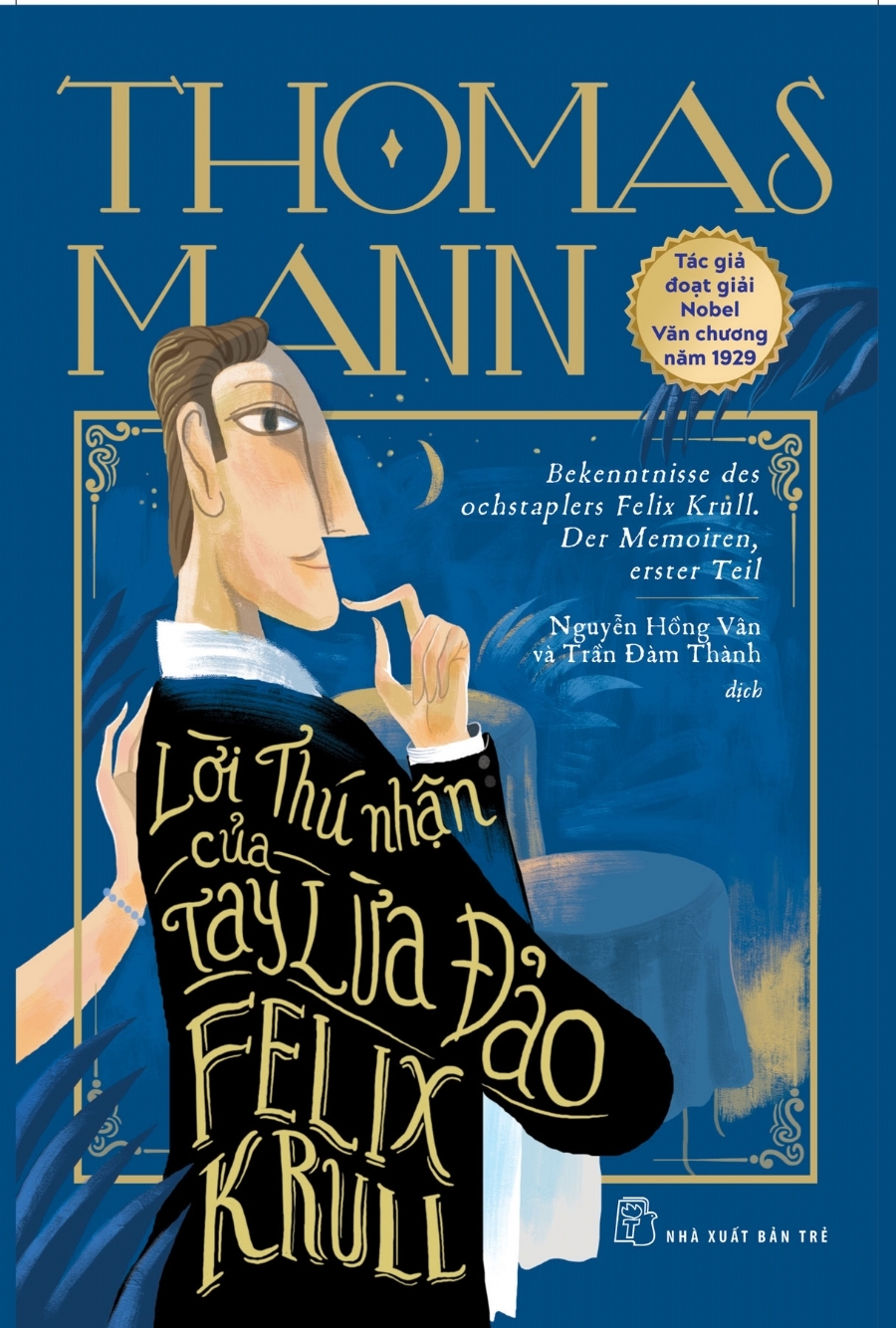What do you think?
Rate this book


604 pages, Paperback
First published January 1, 1954
"Sleep soundly. Dream of Being and of Life. Dream of the whirling galaxies which, since they are there, bear with joy the labour of their existence. Dream of the shapely arm with its ancient armature of bones, and of the flowers of the field that are able, aided by the sun, to break up lifeless matter and incorporate it into their living bodies. And don’t forget to dream of stone, of a mossy stone in a mountain brook that has lain for thousands upon thousands of years cooled, bathed, and scoured by foam and flood. Look upon its existence with sympathy, Being at its most alert gazing upon Being in its profoundest sleep, and salute it in the name of Creation! All’s well when Being and Well-Being are in some measure reconciled. A very good night!"
